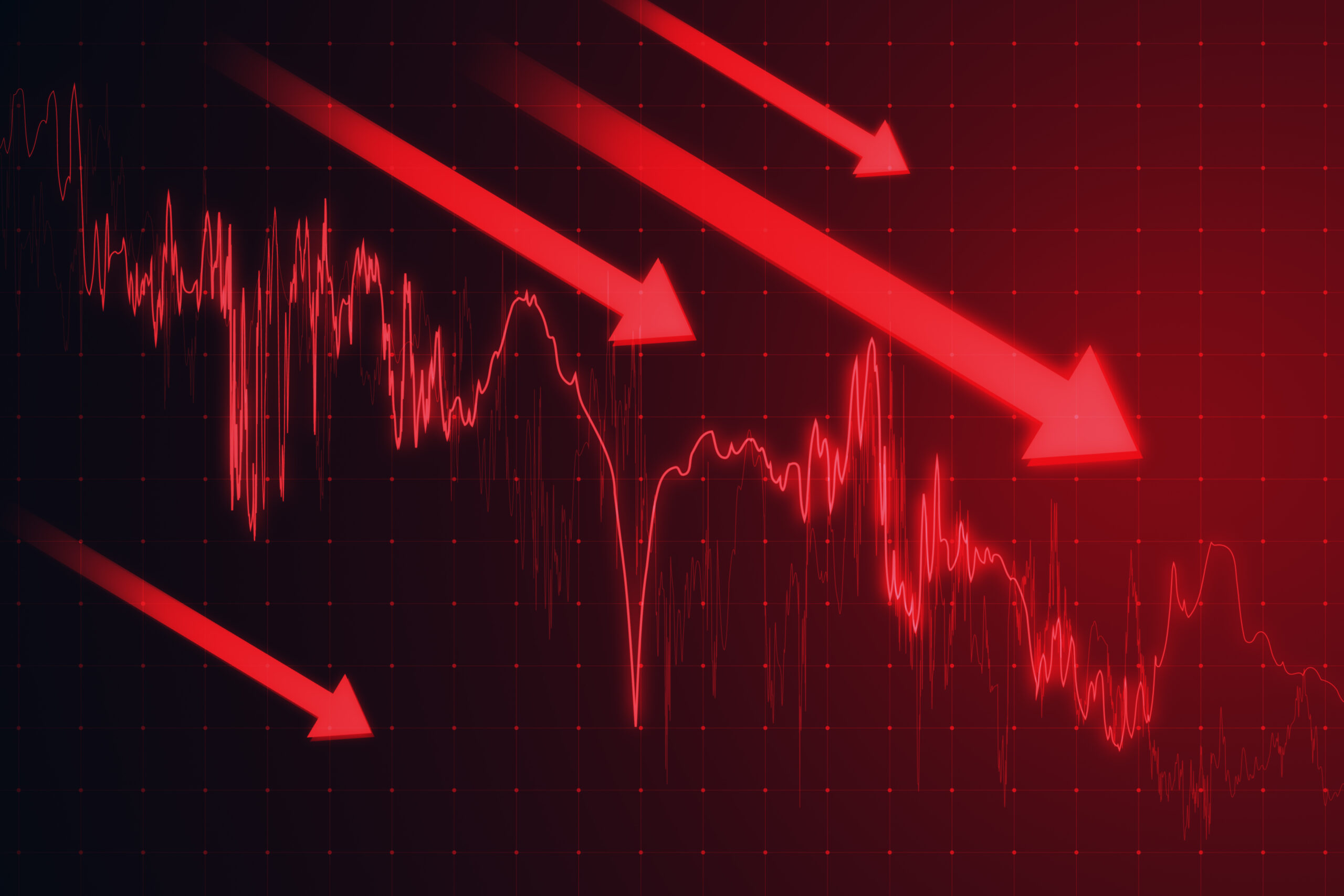Trading options, stocks, or any financial instrument can be incredibly rewarding, but it also comes with significant emotional challenges. One of the toughest aspects of trading is dealing with big losses, especially as a short-term trader, where volatility can be extreme, and positions can shift dramatically in a matter of hours or days.
In this blog post, we’ll discuss:
✔ The emotional impact of big losses
✔ How to handle losses with mental toughness
✔ Practical steps for bouncing back after a loss
✔ Building resilience as a short-term trader
1. The Emotional Impact of Big Losses
As a short-term trader, the potential for rapid gains can be tempting, but it also opens the door to quick and substantial losses. When a trade goes against you, it can feel like a blow to your confidence, your strategy, and even your entire trading approach. Here are some emotions traders often experience after a big loss:
🔹 Frustration and Anger
- A significant loss can lead to frustration—especially if the loss was unexpected or the result of an avoidable mistake.
- Anger might follow, especially if you feel like the market “didn’t go your way” despite doing everything right.
🔹 Self-Doubt
- Self-doubt can creep in after a loss, making you question your ability to trade and your decision-making process. You may even wonder if you’re cut out for trading at all.
🔹 Fear of Future Losses
- After a big loss, fear of future losses can overwhelm you. You might start second-guessing your trades or taking too much time to make decisions. Fear of losing again can paralyze your ability to act decisively in future trades.
🔹 Regret and Guilt
- Traders often feel guilt after a loss, especially if they broke their own trading rules, such as over-leveraging or not following a stop loss. Regret can be a powerful emotion, especially when it feels like the loss could have been avoided.
While all of these emotions are natural, they can also be detrimental to your trading performance if not handled correctly. Understanding how to cope with and move past them is key to maintaining mental toughness.
2. How to Handle Losses with Mental Toughness
Mental toughness is about developing the resilience to bounce back from setbacks. In trading, it’s not just about executing the perfect strategy—it’s about maintaining control of your emotions, especially in the face of losses. Here are strategies to help you handle big losses effectively:
🔹 Accept Losses as Part of the Game
- Losses are inevitable. Every trader, no matter how experienced, will face losses. Instead of avoiding them or pretending they don’t happen, accept them as part of the trading process.
- In the world of trading, no one wins 100% of the time. Even the most successful traders experience losses—what matters is how you handle them.
🔹 Stick to Your Trading Plan
- Having a clear trading plan is crucial. If you’ve decided on specific risk parameters (e.g., risking no more than 2% of your account on a single trade), stick to them.
- Even in the face of a loss, trust your plan. Don’t abandon it or start making impulsive decisions based on emotions.
🔹 Keep Your Perspective
- Remember that one loss doesn’t define you as a trader. Short-term trading is about patterns, and a single loss is just a small part of a larger picture.
- View losses as learning opportunities rather than failures. Every loss can teach you something, whether it’s about your strategy, the market, or your emotional resilience.
🔹 Take Breaks When Needed
- If you’re feeling overwhelmed after a big loss, step away from the screen. Take a break, walk outside, meditate, or do something to clear your mind.
- Emotional exhaustion can cloud your judgment, and taking a break can help you regain clarity before jumping back into the market.
3. Practical Steps for Bouncing Back After a Loss
After a big loss, your next steps are crucial in recovering emotionally and financially. Here are some practical steps to get back on track:
🔹 Analyze the Loss Objectively
- Take a step back and analyze the trade that led to the loss. What went wrong? Was it poor execution, bad timing, or market conditions?
- Objectively reviewing your mistakes will help you identify areas for improvement without getting emotionally involved.
- Ask yourself:
- Did I follow my plan?
- Was my risk management appropriate?
- Did I allow emotions to influence my decision-making?
🔹 Reduce Position Size After a Loss
- After a significant loss, it’s a good idea to reduce your position size for the next few trades.
- This helps to limit further risk and allows you to ease back into trading without the pressure of larger positions. It also reduces the emotional impact of subsequent losses.
🔹 Rebuild Confidence with Smaller Wins
- To regain your confidence, focus on smaller, less risky trades. Building your confidence with a string of small wins will help you mentally recover from the larger loss.
- Focus on consistency rather than chasing big gains right away.
🔹 Avoid Revenge Trading
- Revenge trading is a common reaction to a loss, where you aggressively trade to “get back” the money you lost. This often leads to even bigger losses.
- Instead of trading impulsively, take your time to analyze the market and focus on executing your trades based on your plan—not emotion.
4. Building Resilience as a Short-Term Trader
To be a successful short-term trader, resilience is key. Here are some tips for building mental toughness and emotional resilience over time:
🔹 Develop a Routine
- Having a structured daily routine can help maintain mental clarity. This includes setting aside time for research, reviewing your trades, and reflecting on both wins and losses.
- Consistent routines help reduce emotional swings and keep you grounded, even after a loss.
🔹 Practice Mindfulness and Stress Management
- Mindfulness techniques such as meditation, breathing exercises, or journaling can help you stay calm under pressure.
- Reducing stress outside of trading will help you manage emotions when the market becomes volatile.
🔹 Stay Physically Active
- Physical exercise can have a direct impact on mental resilience. Exercise helps release endorphins, which can reduce stress and improve mood.
- Regular physical activity improves focus and helps you stay calm when faced with market volatility.
Final Thoughts: Mastering Mental Toughness in Trading
Handling big losses as a short-term trader requires mental toughness and emotional resilience. Losses are part of the game, but how you react to them determines your success in the long run. By developing a solid trading plan, sticking to your rules, managing your emotions, and learning from each experience, you can bounce back stronger after every loss.
🚀 Key Takeaway:
✔ Accept that losses are a natural part of trading.
✔ Stick to your plan and manage your emotions.
✔ Build mental resilience by taking breaks, analyzing losses, and staying consistent.
🔹 What strategies do you use to handle big losses in trading? Share your tips or experiences in the comments below!
Disclaimer: This article is for educational purposes only and does not constitute financial advice. Always conduct your own research before making trading decisions.





0 Comments